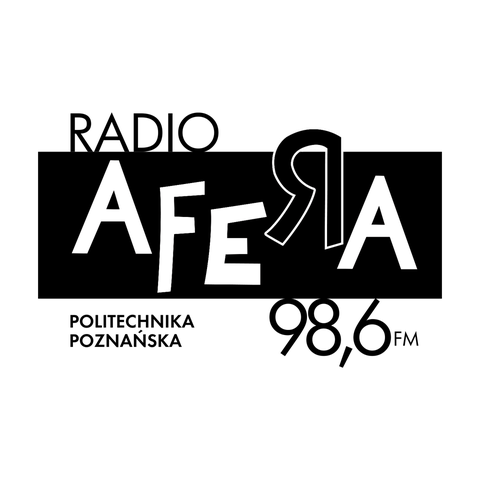Idea
„Zwrotnice i zwroty (w) poezji” – pod takim hasłem odbędzie się najbliższy Poznań Poetów.
Patrzę na to zdanie i sam sobie nie wierzę! Jaki do licha sens – w czasie krwawej wojny w Ukrainie, kiedy świat jaki znamy na naszych oczach przeobraża się niebezpiecznie, kiedy rosną i słabną potęgi, demokracje (w tym nasza) ledwie zipią, planeta dusi się od własnych wydzielin, a władzę nad myśleniem przejmuje sztuczna inteligencja – zajmować się przemianami poezji?! Czy z grubsza biorąc stulecie „Zwrotnicy” może zostać uznane za wystarczający do tego powód? A może lepszą przyczyną byłby wiek, który upłynął od ukazania się „Ziemi jałowej” T. S. Eliota?
Pewną pociechę przynosi myśl, ze zajmowanie się poezją nigdy nie było czymś łatwym do wytłumaczenia. Czy jakikolwiek okres w dziejach żywił ogólne przekonanie, że bez poezji ani rusz, że nie można się bez niej obejść? Ale – z drugiej strony – czy jakikolwiek czas naprawdę bez poezji się obył?
Festiwal nie respektuje powszechnych przekonań o takim czy innym kryzysie, braku, końcu, lecz rządzi się zasadą przekory. Jak poezja przekomarza się z ograniczeniami języka, poczuciem niewyrażalności doświadczeń, rutyną oka i ucha, tak festiwal rzuca wyzwanie monotonii codziennych lęków i trosk. W poetyckich zwrotnicach i zwrotach zawiera się bowiem sens szukania innego – nowego, odnawiającego – postrzegania i wysłowienia naszej obecności.
Jak u Tadeusza Peipera:
Czytałem bruki zadrukowane śladami stóp
i przykładałem palce do piersi gościńców,
echa zaułków ścigałem aż do ich gniazd,
a place miejskie kładłem na dłoni
i podnosiłem do ucha.
Poznań Poetów tłumaczyć się nie musi, za to wolno mu się pochwalić. Przede wszystkim obecnością wielu znakomitych poetek i poetów. Zapowiedzieli się Andrzej Sosnowski, Marta Podgórnik, Piotr Sommer, Ryszard Krynicki, Dariusz Sośnicki, Edward Pasewicz, Inga Iwasiów, a także wielu młodszych – Jakub Kornhauser, Marcin Mokry, Natalia Malek, Tomasz Bąk, Kamila Janiak, Justyna Kulikowska, Patrycja Sikora, wreszcie najmłodszych, dopiero po debiucie, w końcu zaś tych, którzy do debiutu dopiero się zbierają.
Odbędą się – to jeden ze znaków rozpoznawczych Festiwalu – seminaria krytycznoliterackie. Znakomicie zapowiada się wykład ks. prof. Alfreda Wierzbickiego, rozmowa z nominowanymi do Poznańskiej Nagrody Literackiej powinna zaciekawić, wręczenie studenckiej nagrody Z Buta z pewnością rozpali emocje, podobnie konkurs otwarty na wiersz nieziemski (Ad astra). Zapraszamy też na muzyczno-poetyckie wieczory z Piotrem Kowalskim i Dawidem Dąbrowskim, ćwiczenia z twórczej spontaniczności, wycieczkę po poetyckim Poznaniu i kolejną odsłonę, trwającego od zarania, pojedynku poetów z krytykami – tym razem w ping ponga.
Poznań Poetów to okazja do poszerzenia i rewizji obrazu liryki współczesnej, dla miłośników – możność bliskiego spotkania z wierszem na żywo, dla wszystkich, dla których świat to za mało – sposobność przekroczenia granic trywialności i nudy.
Zafunduj sobie Festiwal! Posłuchaj, pogadaj, pobaw się niegłupio! Przyjdź do Zamku!
prof. Piotr Śliwiński
________
Grafika - plakat. Grafikę wypełniają intensywne niebieskie plamy. Za nimi na białym tle pojawia się czarna postać z wyciągniętym niebieskim językiem. Na nim małe koło z literami "PP". Oczy postaci tworzą litery "P. Po lewej stronie plakatu umieszczono napis "Poznań Poetów 2023 16-20 maja" i logotyp.






